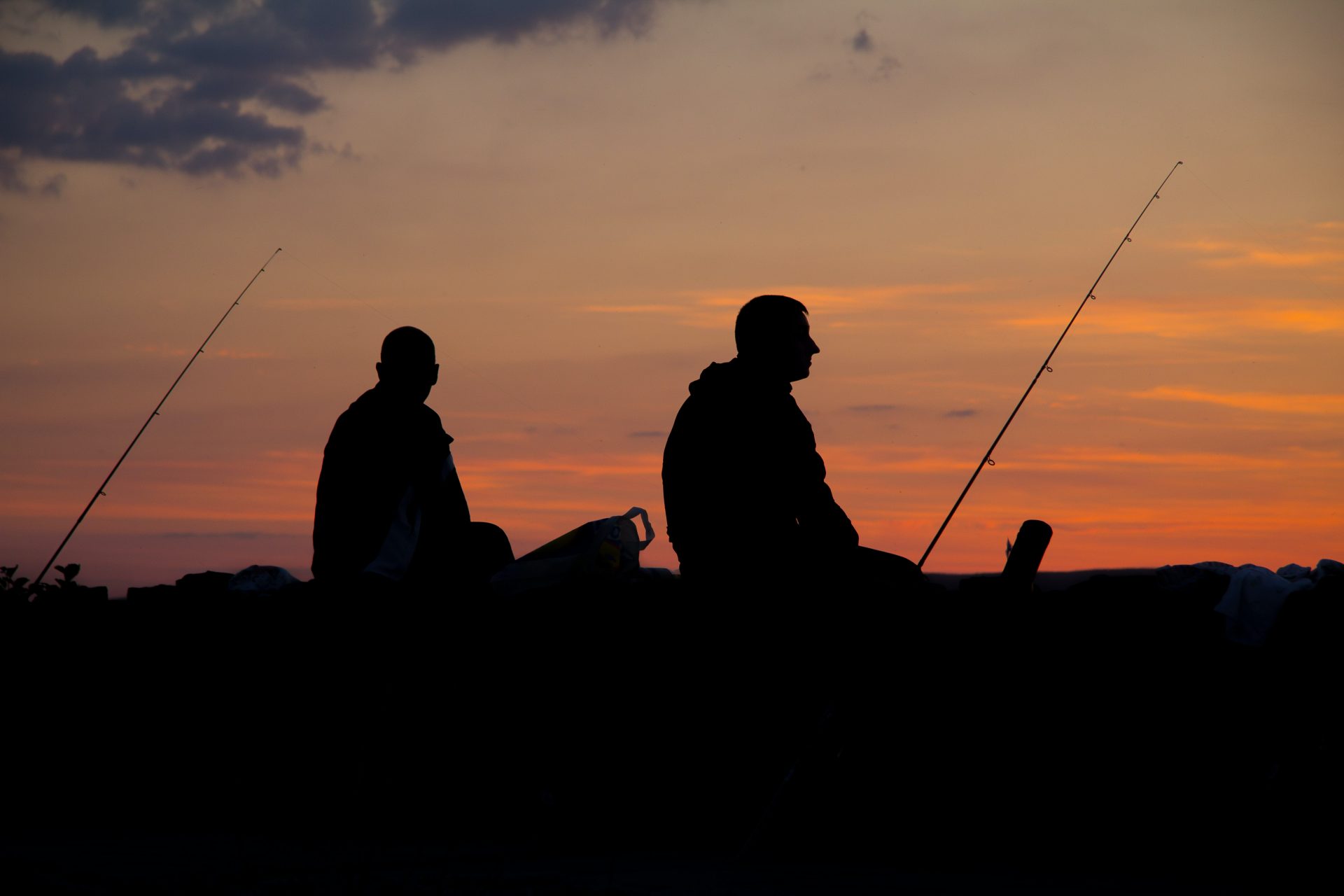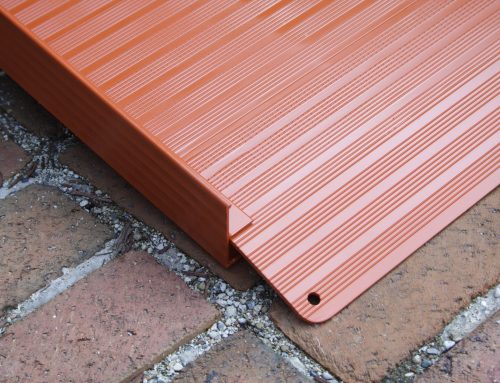The weather is warmer, and the outdoor season is upon us. Disabled fishing is something that can be done with just a few simple modifications.
Fishing is a sport that more than 50 million Americans enjoy on an annual basis. It’s a time to relax and enjoy the outdoors while stepping away from daily routines. Below are some extra environmental considerations for disabled fishing.
Wheelchairs And Fishing Boats
Wheelchairs in the proximity of the water can pose some extra safety risks. If you can transfer to a boat and use a life jacket with a life belt, there’s some extra security. Some newer boats have flat fronts that can help with onboarding a wheelchair. Pontoons are an easy option for wheelchair users to secure the chair to the boat.
Many resorts and disabled fishing events will have some form of boat that is wheelchair accessible.
Disabled Fishing from Shore
Many piers can provide a bit of a challenge if they aren’t wide enough for a turnaround. Some public access piers are wide enough and provide proper access. Locking blocks can help ensure safety if brakes fail, or the chair slides on a wet surface. Disabled fishers may want to wear a life jacket from shore as an added precaution against sliding into the water.
Adaptive Equipment
Adaptive fishing equipment is becoming more prevalent and falling in cost. This equipment can also be useful for people with arthritis or other limiting health conditions. Some of the equipment available includes:
- Wheelchair mounts that hold the rod and clamp to the chair. There are also models that the chair user would sit on to hold in place.
- Harnesses that strap across the body and hold the rod.
- Standing or sitting rod holders.
- Clamp-on rod holders that would fit on a chair.
- Push-button casting devices.
- Electric reels that attach to an existing reel to aid in retrieval.
- Automatic knot tiers.
Final Thoughts on Disabled Fishing
It’s important to give disabled fishermen a little more space and consideration as there is often more going on with their gear than with the average sportsman. This is especially true in tournaments when there might be more movement from point A to B.
It’s also important to try to keep surfaces dry to reduce slippage. With a little bit of forethought, safety precautions, and the right equipment, disabled fishing can be a great way to spend the time!








